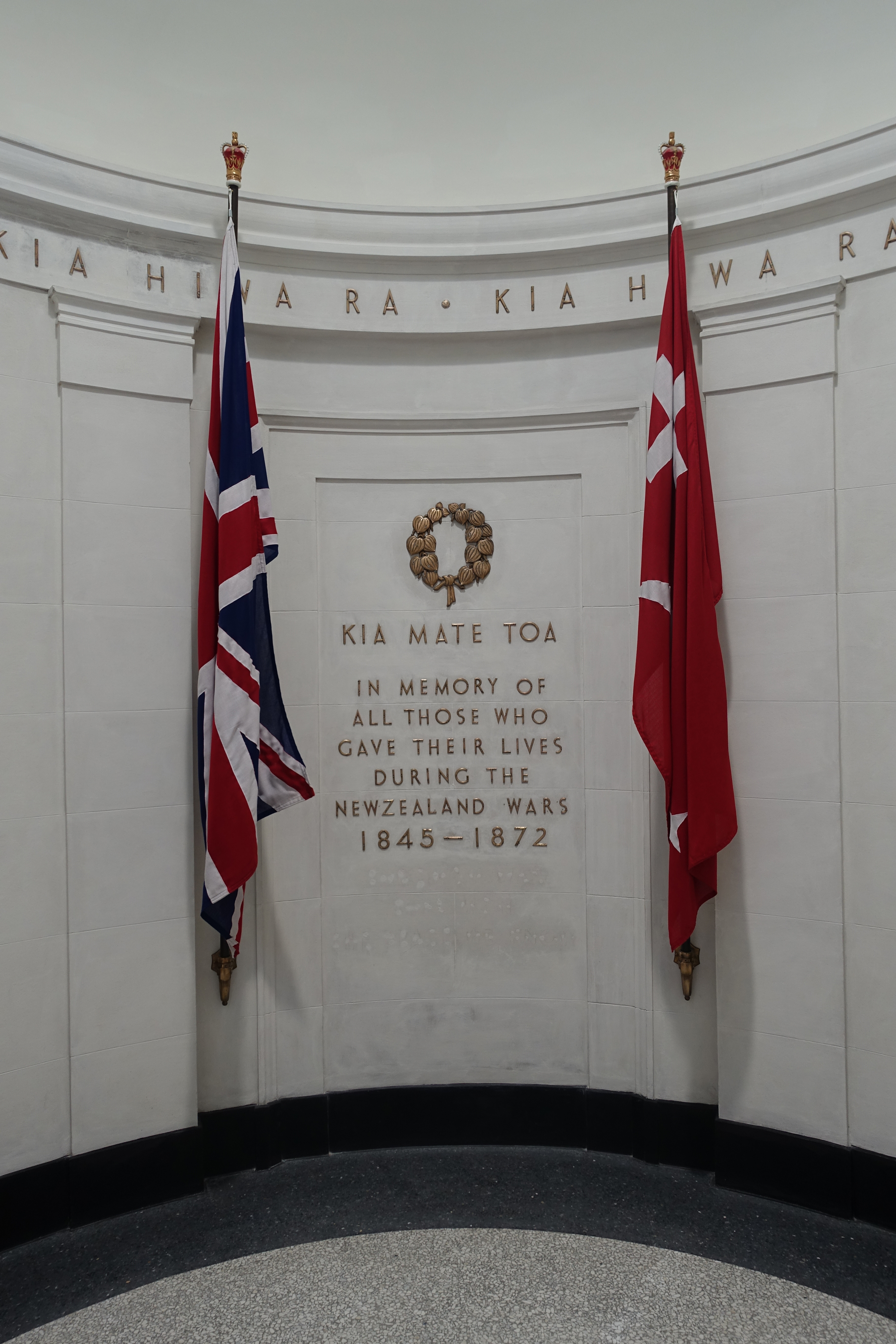New Zealand Land Wars Victoria Cross recipients on:
[Wikipedia]
[Google]
[Amazon]
 The Victoria Cross (VC) was awarded to 15 recipients for action during the New Zealand Wars. The VC is a
The Victoria Cross (VC) was awarded to 15 recipients for action during the New Zealand Wars. The VC is a
Victoria Cross: Awards to Imperial Servicemen during the 2nd Maori War
{{featured list Victoria Cross recipients * * Military awards and decorations of New Zealand Lists of recipients of the Victoria Cross by conflict Waka
 The Victoria Cross (VC) was awarded to 15 recipients for action during the New Zealand Wars. The VC is a
The Victoria Cross (VC) was awarded to 15 recipients for action during the New Zealand Wars. The VC is a military decoration
Military awards and decorations are distinctions given as a mark of honor for military heroism, meritorious or outstanding service or achievement. DoD Manual 1348.33, 2010, Vol. 3 A decoration is often a medal consisting of a ribbon and a medal ...
awarded for valour "in the face of the enemy" to members of armed forces of some Commonwealth
A commonwealth is a traditional English term for a political community founded for the common good. Historically, it has been synonymous with "republic". The noun "commonwealth", meaning "public welfare, general good or advantage", dates from the ...
countries and previous British Empire territories. It takes precedence over all other orders, decorations and medals; it may be awarded to a person of any rank in any service and to civilians under military command. The award was officially constituted when Queen Victoria issued a warrant under the Royal sign-manual on 29 January 1856, which was gazetted on 5 February 1856.Ashcroft, Michael; Preface to Victoria Cross Heroes The Gazette publishing the original Royal Warrant The order was backdated to 1854 to recognise acts of valour during the Crimean War.
Originally, the VC was not available to colonial troops, even if under British command, but this changed in 1867. The extension was made following a recommendation for gallantry regarding colonial soldier Major Charles Heaphy for action in the land wars in 1864. He was operating under British command and the VC was gazetted in 1867. Later that year, the Government of New Zealand assumed full responsibility for operations but no further recommendations for the Victoria Cross were raised for local troops who distinguished themselves in action. Following gallant actions by three New Zealand soldiers in November 1868 and January 1869 during the land wars, an Order in Council on 10 March 1869 created a "Distinctive Decoration" for members of the local forces without seeking permission from the Secretary of State for the Colonies
The secretary of state for the colonies or colonial secretary was the Cabinet of the United Kingdom, British Cabinet government minister, minister in charge of managing the United Kingdom's various British Empire, colonial dependencies.
Histor ...
. Although the Governor was chided for exceeding his authority, the Order in Council was ratified by the Queen. The title "Distinctive Decoration" was later replaced by the title New Zealand Cross.Abbott PE, Tamplin JMA, Chapter 34, pp.230–236
The New Zealand Wars were a series of conflicts that took place in New Zealand between 1845 and 1872. The two conflicts where soldiers were awarded the Victoria Cross were the First Taranaki War of 1860–1861 and the Waikato-Hauhau Māori War
The Invasion of the Waikato became the largest and most important campaign of the 19th-century New Zealand Wars. Hostilities took place in the North Island of New Zealand between the military forces of the colonial government and a federatio ...
of 1863–1866. The First Taranaki War was fought over land rights on New Zealand's North Island
The North Island, also officially named Te Ika-a-Māui, is one of the two main islands of New Zealand, separated from the larger but much less populous South Island by the Cook Strait. The island's area is , making it the world's 14th-largest ...
. The local Colonial Governor had set up a policy whereby the British Government could buy local land, and anyone refusing to sell their land would be committing treason against the Crown. When the Te Atiawa refused to sell their land, the British Army attacked on 17 March 1860, starting the First Taranaki War. After a series of sieges by the British, a truce was signed with the Māori people in March 1861; the disputed land became British-owned territory but it remained in possession of the Māori people. The First Taranaki War ended in a stalemate over the one area of disputed land. By 1863 the influx of settlers and consequent demand for land led to further conflict. In July 1863, the British Army and the Auckland Militia launched the Invasion of Waikato against the forces of Tāwhiao and the Māori King Movement
The Māori King Movement, called the in Māori, is a movement that arose among some of the Māori (tribes) of New Zealand in the central North Island in the 1850s, to establish a role similar in status to that of the monarch of the British c ...
. The British expelled the Māori people from their lands, swiftly moving south, culminating in the defeat and flight of Tāwhiao at Ōrākau in March 1864. The British pursued him across the country as far as the fourth Waikato defensive line, which later became the border of King Country.Arthur, Max; pp.102–103
Recipients
Further reading
* * * * *References
External links
Victoria Cross: Awards to Imperial Servicemen during the 2nd Maori War
{{featured list Victoria Cross recipients * * Military awards and decorations of New Zealand Lists of recipients of the Victoria Cross by conflict Waka